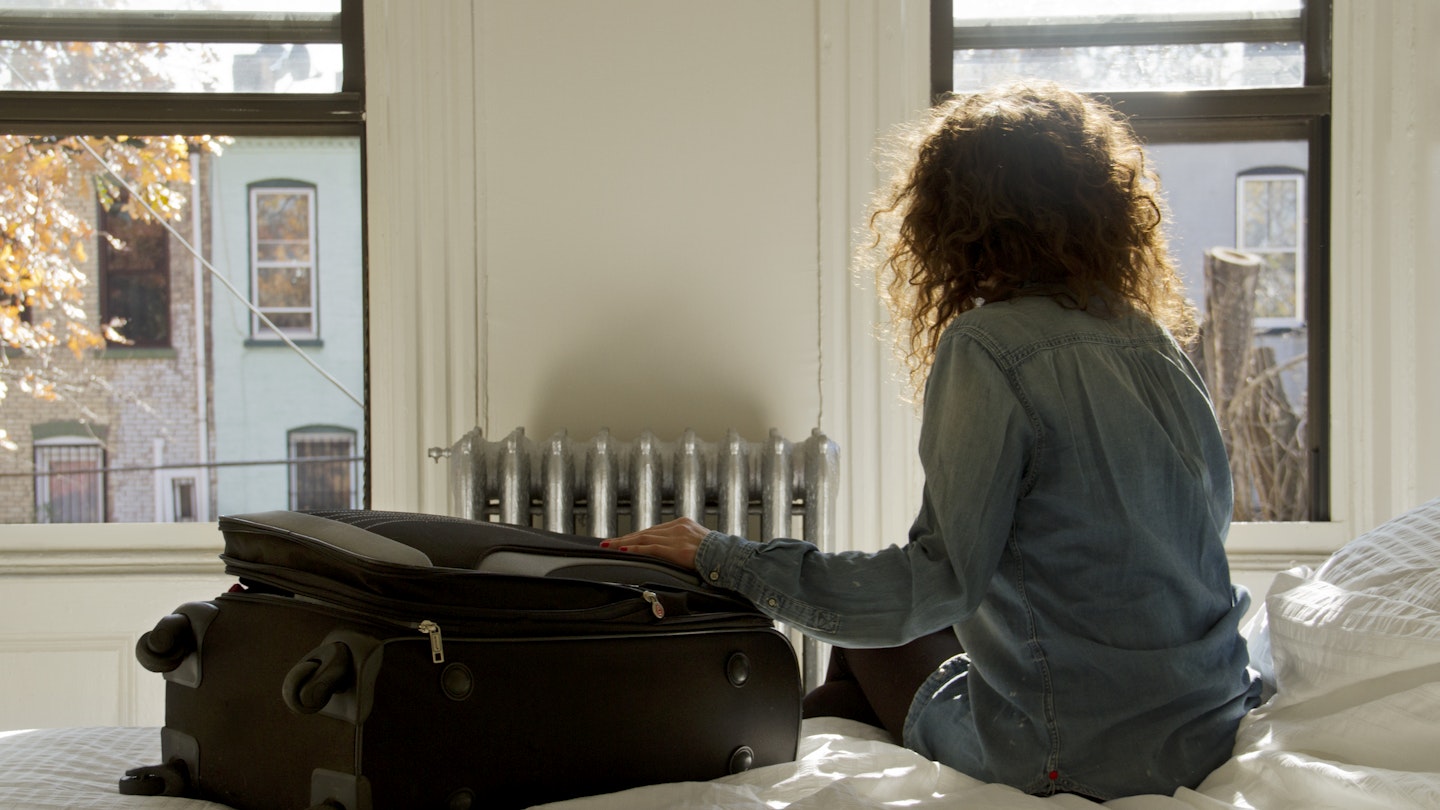New York City’s New Short-Term Rental Regulations Impact Travelers
Travelers should brace themselves for fewer lodging options in the city that never sleeps.
On September 5, New York City implemented a new law restricting short-term vacation rentals, defined as stays lasting less than 30 days. Officials hope the law will dissuade travelers from using platforms like Airbnb, Vrbo, and Booking.com, and push them toward staying at hotels instead.
According to data provided by analytics company AirDna, the law’s impact has already been immense. In the first week of June, there were 21,800 short-term rentals in New York City. Within a week of the law’s implementation, that number dropped to 4,600 – a 77% decrease. Airbnb has called the strict rules a “de facto ban” on its business.
With thousands of short-term rentals permanently disappearing from websites, lodging options for travelers in NYC will change dramatically. Here’s everything you need to know about the new restrictions.
What Are NYC’s New Short-Term Rental Regulations?
The Short-Term Rental Registration Law, or Local Law 18, requires hosts to register their property with the Mayor’s Office of Special Enforcement if they want to rent it for less than 30 days. Booking platforms cannot legally process transactions for unregistered listings.
Forget romantic apartments for weekend trysts and sprawling homes for family vacations. According to the law, no more than two guests can stay in a rental at a time – regardless of the home’s size – and the host must be physically present at the property while it’s being rented. In addition, hosts and renters must have access to the entire dwelling for the duration of the stay. Essentially, hosts and guests must opt into roommate-style living situations.
Guests won’t be penalized for staying in illegal rentals, but hosts can incur fines of up to $5,000 for breaking the law; platforms can be charged up to $1,500.
How Will This Impact Travelers With Upcoming Reservations?
There are three potential outcomes for people who have already booked stays for less than 30 days:
- If the property gets registered by the city and follows local laws, there’s no cause for concern.
- If the property still needs to be registered but check-in is before December 1, the reservation will be honored.
- All reservations at unregistered properties beginning on or after December 2 will be canceled and refunded.
If you want to avoid dealing with last-minute cancellations, check with your host to see if the property has been approved for registration.
Why Is NYC Restricting Short-Term Rentals?
The main argument made by city officials is that short-term rentals inflame the city’s housing crisis.
In 2018, research conducted by a team at McGill University’s School of Urban Planning found that Airbnb hosts were responsible for removing thousands of apartments from NYC’s long-term rental market, displacing affordable housing for locals and increasing the median rent to boot. Moreover, real-estate brokers created fake accounts to convert residential apartments into illegal tourist hotels.
Furthermore, residents in buildings with short-term rentals regularly grumble over noise, cleanliness, and security issues. In a June dismissal of a lawsuit Airbnb filed against NYC, Justice Arlene Bluth cited data that the city fielded roughly 12,000 complaints about short-term rentals between 2017 and 2021.
“Clearly, respondents have identified a major problem,” Bluth wrote in her ruling, “and these rules attempt to address that issue.”
On the other hand, short-term rentals can provide hosts with a financial lifeline. Airbnb host Cynthia Acevedo argues that the additional income provided by her property is vital for covering expenses and meeting her family’s needs.
Affordable lodging on sites like Airbnb also benefits travelers in NYC, where the average hotel room costs $263.58 – the nation’s sixth-most expensive market, according to real estate data company CoStar.
“The city is sending a clear message to millions of potential visitors who will now have fewer accommodation options when they visit New York City: you are not welcome,” said Theo Yedinsky, Airbnb’s global policy director.
With Limited Options, Where Should Travelers Turn for Lodging?
If you’re traveling with more than two people or detest cohabitating with a host, hotels should be your new go-to for short stays. However, don’t expect to find the spacious, multi-room apartments in outer boroughs that made Airbnb popular.
The typical NYC hotel room is roughly 330 sq ft and primarily confined to Manhattan, notes Sean Hennessey, Clinical Associate Professor at NYU’s Jonathan M. Tisch Center of Hospitality.
Based on decades of experience working with NYC hotels, he estimates that 25–30% of the city’s rooms can accommodate only two guests. “The vast majority from there would only accommodate four guests, and 5–10% are set up as suites or could fit a rollaway cot with two double beds,” he says.
For large groups hoping to stay together, Hennessey recommends looking at New Jersey-based Airbnbs with easy access to Manhattan, such as those in Jersey City and Hoboken. Consequently, travelers may need to consider spreading their group among several NYC hotel rooms.
“It’ll be a real challenge to try and stay in the city,” he concludes.





